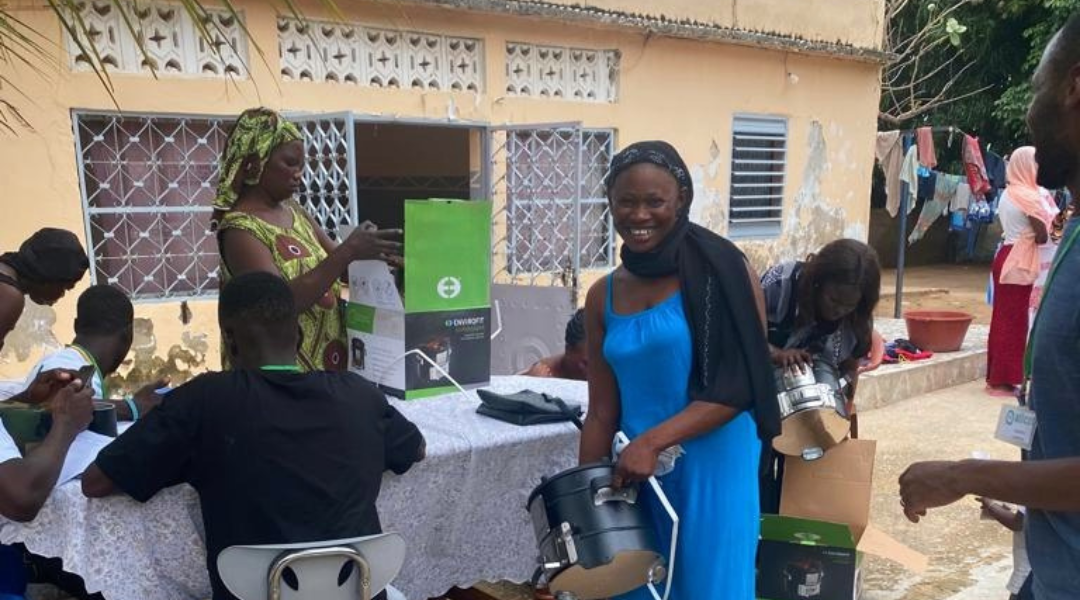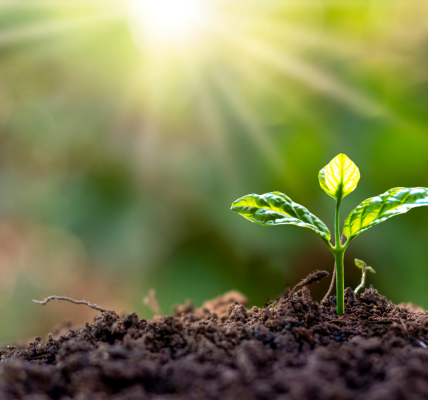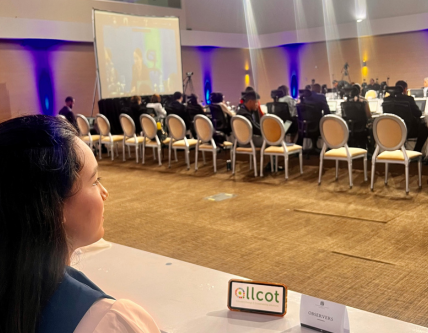Efficient cookstoves are an Effective strategy to mitigate climate change and also contribute to the sustainable development of 2.8 billion people in the world.
Efficient cookstoves to improve cooking practices
Aminata is 35 years old and lives in rural Tambacounda, Senegal. She has been using three stones and firewood to cook food for her family since she was 16 years old.
Like her, 2.8 billion people around the world cook with fossil fuels (wood and coal) or kerosene.
According to the World Health Organization, about 1.6 million people die each year from charcoal and wood smoke and it is estimated that this practice is responsible for 2% of global greenhouse gas (GHG) emissions.
Additionally, cooking with wood and charcoal is largely responsible for the deforestation of forests and ecosystems.
Evidently, those who cook with this type of fuel are among the most vulnerable families on the planet. So, besides helping fight climate change, generating strategies for a more efficient cookstove use contributes to other Sustainable Development Goals such as access to energy, gender equity and health of these populations.
Projects enabled by carbon credits
The costs of energy-efficient stoves are high and families like Aminata’s, who live in remote areas, can hardly afford them.
Despite the cost, in December 2022, Amitana and her 500 neighbors received energy efficient stoves that now allow them to cook in less time, take care of their and their families health, and reduce wood collection in their community by 30%.
In the case of Aminata and her friends, the time they used to spend collecting firewood can now be used to finish their studies.
So because the market finances the actual cost of the stoves, ALLCOT is able to sell Aminata and her neighbors the stoves at a reduced price and make it easier for them to pay monthly installments, depending on their socioeconomic status.
Efficient cookstoves projects in danger
The price of carbon credits has fallen to the point of jeopardizing the sustainability of these projects and the dreams of many women who, like Aminata, could improve their quality of life and that of their families.
According to Mercedes García Chief Technical Officer of ALLCOT, this phenomenon of falling carbon credit prices is due to the fact that “it is a market that is vulnerable to external phenomena such as an energy crisis or press reports. Moreover, in the case of carbon credits from carbon stove projects, there is some criticism“.
Some academic research claims that certain parameters used in methodologies to quantify carbon credits are not standardized and may allow overestimation.
The methodologies must have a certain flexibility
On this issue, Juan Diego Muñoz, Africa Technical Senior Manager of ALLCOT, explains that “it is very difficult to set fixed parameters because communities have different customs, the size of families varies from one region to another, even within the same country”.
Furthermore, “cooking customs are different, for example, some communities use charcoal and the neighboring population uses firewood. The differences are more evident in communities located in urban centers or in dispersed rural populations.
For this reason, methodologies must have a certain flexibility that allows “customizing each project” according to the context in which it is developed. The current method is through surveys used to establish the baseline of the projects and then to verify the use of these efficient cookstoves.
In this sense, Mercedes García assures that “surveys are a valid way as long as they comply with statistical parameters and independent external validation that allow us to have a realistic view of each project”.
Regarding ALLCOT’s project in Senegal, more than 200 on-site surveys were carried out in households in different communities and areas of the country.
In addition, the surveys were validated and signed by the mayors of the regions where the project is being carried out, so that the information collected would effectively reflect the reality of the communities.
Project measurement technology
The solution to the dilemma between academia and efficient cookstove projects financed with carbon credits lies in technology.
ALLCOT, as a project developer, is supporting Gold Standard (GS), one of the standards used for these efficient cookstove projects, in the integration of technology into their methodologies.
The idea is to put microchips in a sample of efficient cookstoves that allow unambiguous and traceable quantification of the value of certain usage parameters.
Although this is the best solution, the costs of efficient cookstoves would increase even more, so according to Mercedes García and Juan Diego Muñoz, the only solution is for carbon credits to have a price that allows projects to be viable for developers, taking into account the investment and risks of the project.





